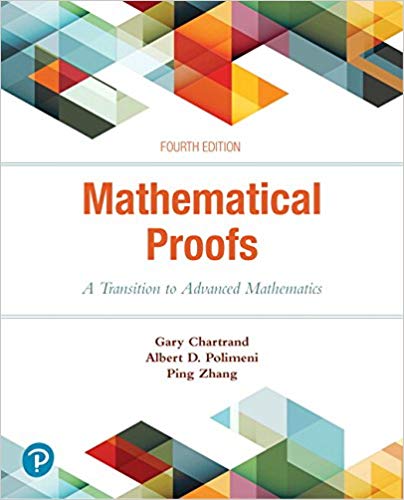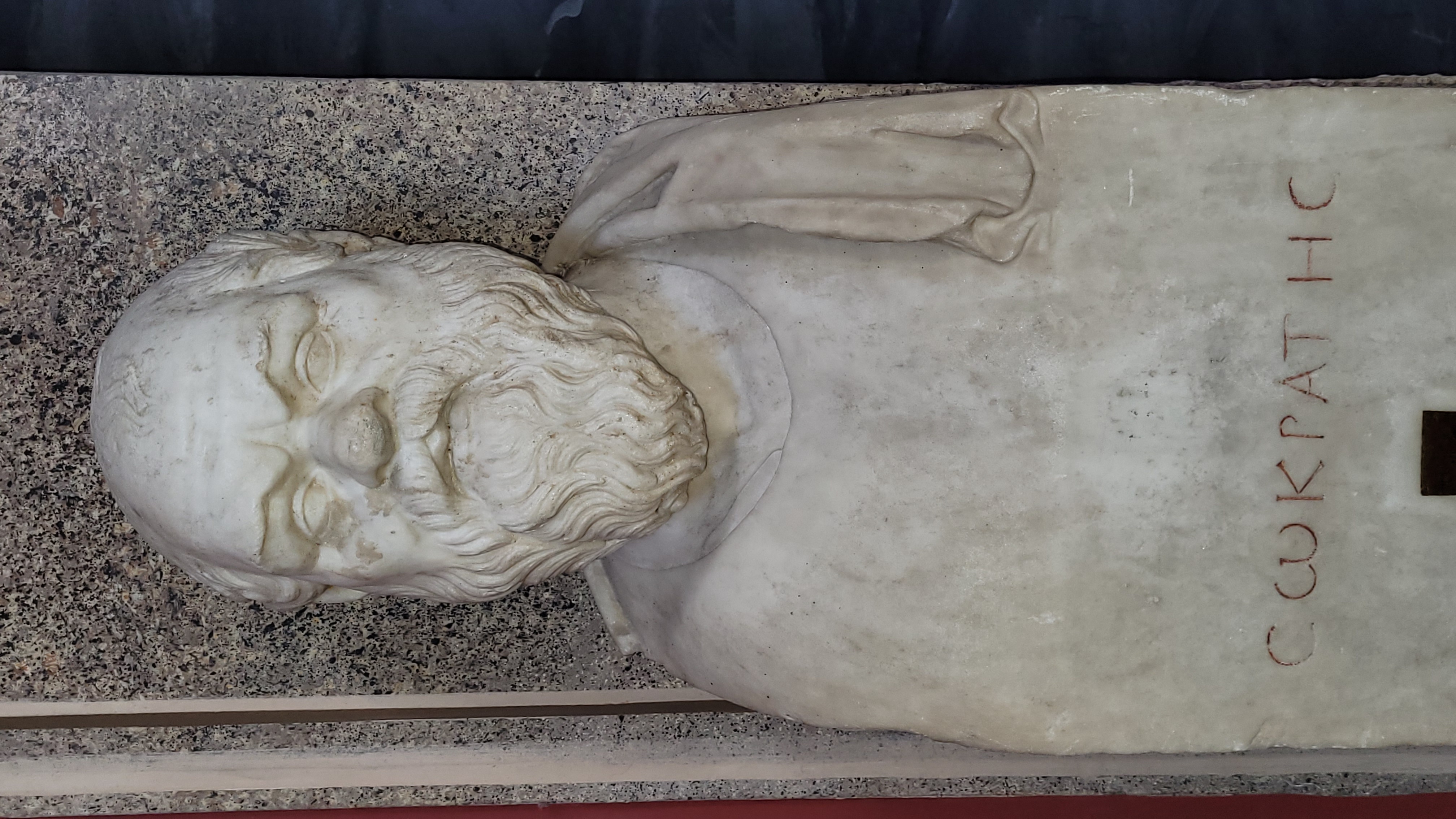| Course Description: |
Foundations of mathematics including logic, set theory,
combinatorics, and number theory.
Prerequisites: Grade of C or better in MATH 148, MATH 152 or MATH 172, or equivalent.
|
| About Math 300: |
This class is your first 'real' mathematics class. It forms the foundation for all
that comes next. It is a serious course, and will require more of your time than
others you may have had. The payoff for you will be enormous, however. My goal
is to teach you the formal structure of mathematics; the meaning and uses of Definitions,
Examples, Theorems, and Proofs, and in particular how to construct and critique proofs;
in short, how to tell truth from fiction, or at least sound arguments from those that
are poorly-supported.
|
| Writing Class: |
This is a 'W' course, and your work will include a term paper, and a number of other writing
assignments. To pass this course, you must pass the writing component.
The University Writing Center (UWC) is a resource to help you develop and refine the communication
skills vital to success in college and beyond. Currently, you can choose to work with a trained UWC
peer consultant via web conference or email. You can schedule an appointment to discuss any kind of
writing project. Their consultants can work with you at any stage of your process. To schedule an
appointment or to view their handouts, videos, or interactive learning modules, visit
writingcenter.tamu.edu.
|
| Special Note: |
Your goal in this course, as in every course that you ever
take, should be a complete mastery of the material. Anything less is
aspiring to mediocrity and doing yourself a disservice.
I expect you to read the section in the text that we will be covering
before we meet.
Come to class ready to ask questions about what you do not yet know.
After class, re-read the text and your notes,
and do some exercises to complete your mastery of the material.
Finally, ask questions in class, lots of them, and participate in the discussion on Piazza..
I highly recommend that you read the
advice from former students of mine in this class.
|
| More: |
Continuing in the experimental nature of attending a university during a pandemic, I ask that you be mindful of the risks that
you impose on your fellow aggies (and they the risks that they impose on you).
I request, and strongly urge, students to test regularly, and not come to class if you are ill (for any reason).
I can set up a zoom lecture for you if you have a need to stay away.
I note that I am asthmatic and any respiratory illness for me can be serious; typically I have trouble breathing for 4-6 weeks after
recovering.
|
| Learning Outcomes: |
 Develop an understanding of the logical structure of mathematics, including the role of definitions and Theorems. Develop an understanding of the logical structure of mathematics, including the role of definitions and Theorems.
 Be able to write proofs of formal statements, as well as verify the correctness of proofs. Be able to write proofs of formal statements, as well as verify the correctness of proofs.
 Be able to use LaTeX for formatting mathematics. Be able to use LaTeX for formatting mathematics.
|
 email:
sottile@tamu.edu
Use this sparingly; I prefer to use Piazza.
email:
sottile@tamu.edu
Use this sparingly; I prefer to use Piazza. WWW:
http://www.math.tamu.edu/~sottile
WWW:
http://www.math.tamu.edu/~sottile Office: Blocker 601K
Office: Blocker 601K 

